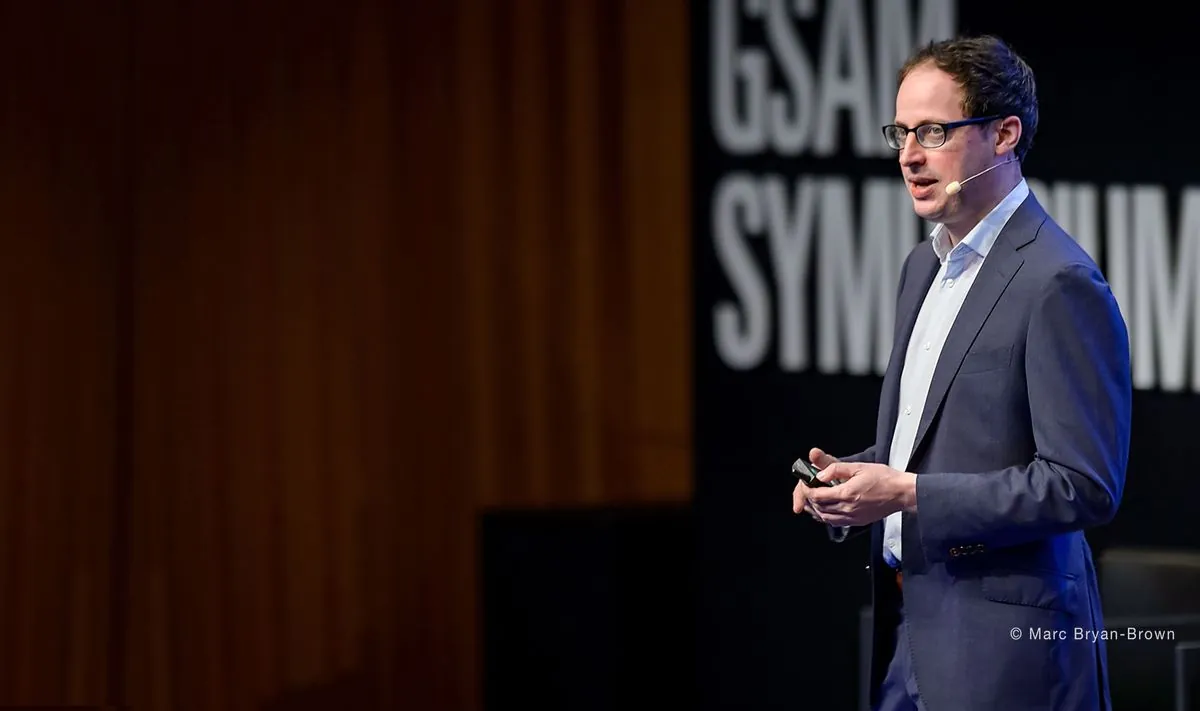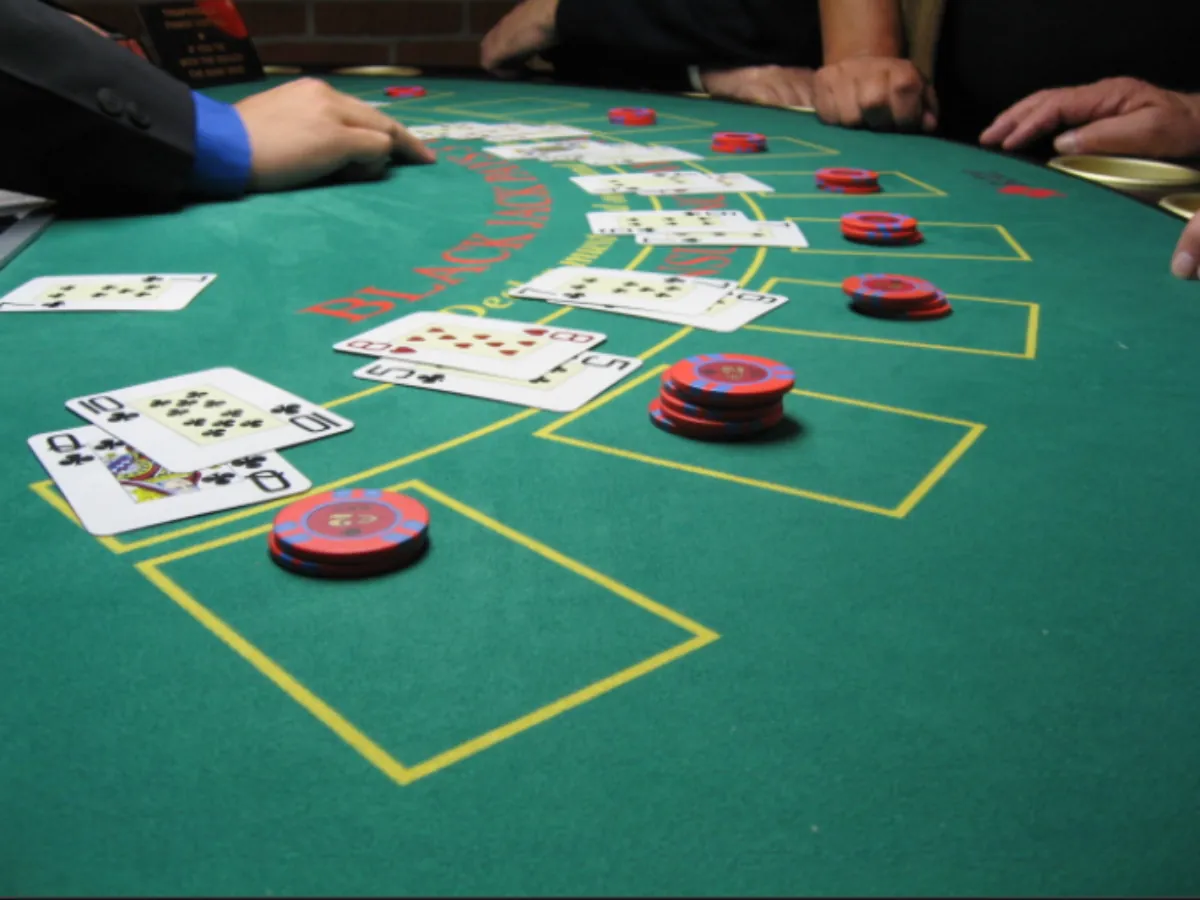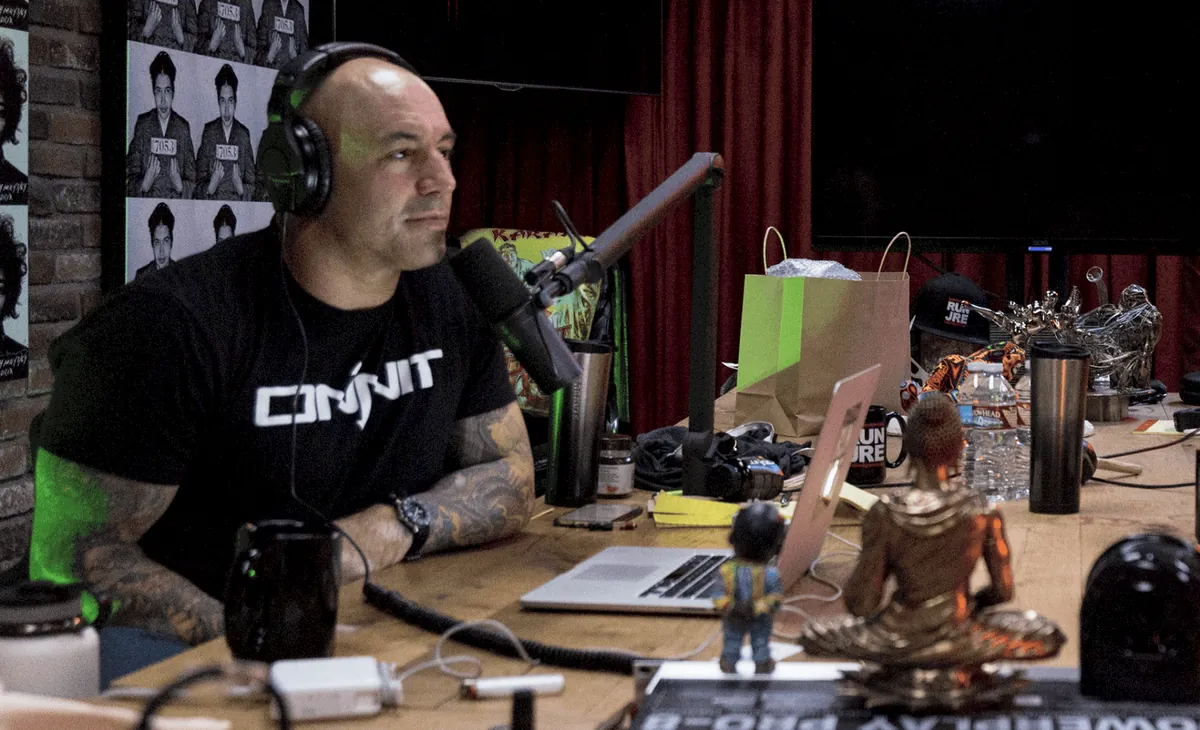Nate Silver's New Book: A Gamble on Risk-Taking Culture
Nate Silver's latest work, "On the Edge," explores gambling and risk-taking, but falls short in addressing systemic issues. The book offers insights into the betting world while raising questions about its societal impact.

Nate Silver, renowned for his election forecasting, has released his second book, "On the Edge: The Art of Risking Everything," twelve years after his bestselling debut. This 576-page volume, published in August 2024, marks a shift in Silver's focus from academic prediction to the world of high-stakes gambling and risk-taking.
Silver's new work explores what he terms "the River," a concept borrowed from poker, representing a culture of risk-takers in Las Vegas, Wall Street, and Silicon Valley. The book provides an extensive overview of the gambling industry, noting that Americans lost $130 billion in various forms of gambling in 2022 alone.

While Silver offers insights into the mechanics of casinos and sports betting, the book lacks critical analysis of the industry's negative impacts. For instance, he discusses how casinos develop reward programs and design slot machines to keep players engaged, without delving into the potential harm of such practices.
The book's structure is somewhat disjointed, divided into two parts with an interlude listing "thirteen habits of highly successful risk-takers." Part one focuses on the gambling industry, while part two meanders through Silicon Valley topics, including the downfall of Sam Bankman-Fried and artificial intelligence analogies.
Notably absent is a thorough examination of systemic risk. Silver attributes the growth of the gambling economy to increased risk-taking behavior post-pandemic, overlooking the significant impact of the 2018 Supreme Court decision legalizing sports betting and the subsequent proliferation of betting platforms.
"Here's something I learned when writing this book: if you have a gambling problem, then somebody is going to come up with some product that touches your probabilistic funny bones."
The author's perspective may be influenced by his personal involvement in high-stakes gambling. Silver mentions playing poker with venture capitalists and winning substantial amounts, potentially affecting his objectivity in critiquing the industry.
Silver's book misses opportunities to explore the societal costs of widespread gambling and the lack of friction in the system. He fails to address the potential negative externalities of the unchecked growth of the gambling economy, a topic that deserves serious consideration.
In conclusion, while "On the Edge" offers a glimpse into the world of risk-takers and gamblers, it falls short in providing a balanced analysis of the gambling industry's impact on society. The book's ambitions appear limited, leaving readers with an incomplete picture of the complex issues surrounding risk-taking and gambling in modern society.


































